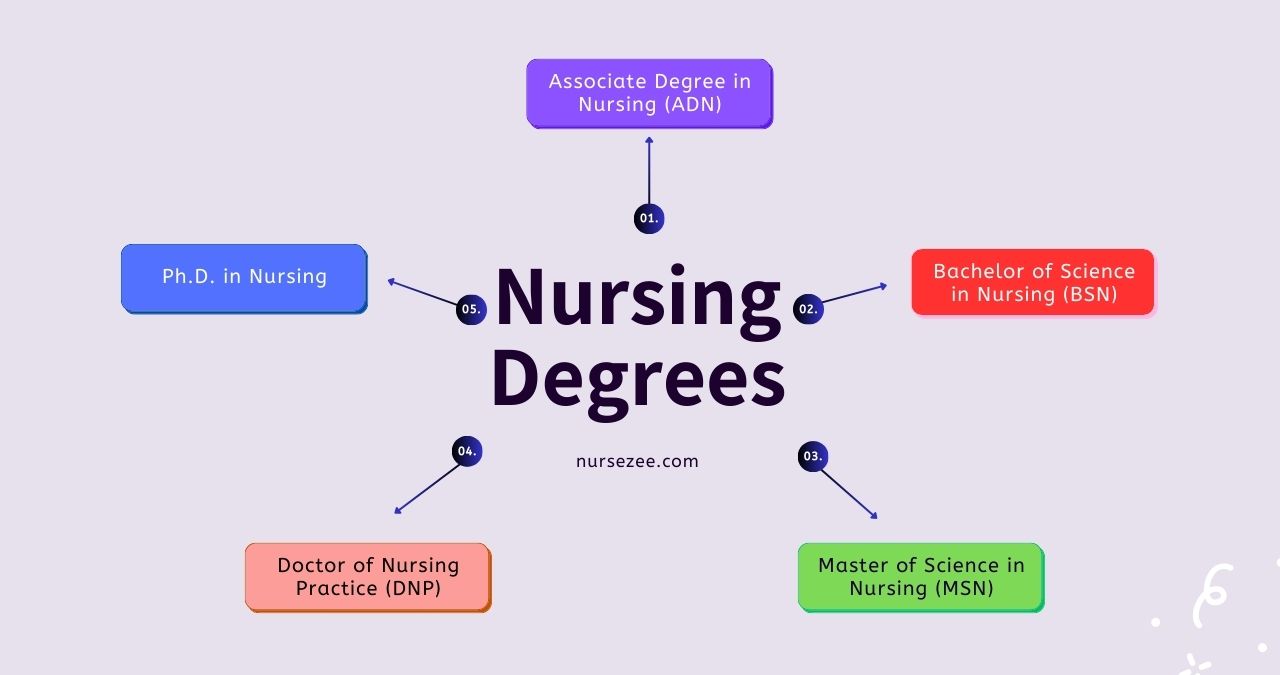
How to Choose the Best Nursing School for Your Career Goals
Nursing EducationChoosing the right nursing school is a crucial step in launching your career in healthcare. With so many options available, it’s essential to select a program that aligns with your goals, interests, and circumstances. This guide will walk you through key factors to consider when making this important decision.
1. Identify Your Career Goals
Before researching nursing schools, take time to determine your long-term career aspirations. Do you want to become a licensed practical nurse (LPN), registered nurse (RN), or pursue advanced practice roles like a nurse practitioner or nurse educator? Your goals will influence the type of degree program you need, such as:
- Associate Degree in Nursing (ADN): A faster path to becoming an RN.
- Bachelor of Science in Nursing (BSN): Preferred by many employers for RNs.
- Master of Science in Nursing (MSN) or Doctor of Nursing Practice (DNP): Advanced roles and specialties.
2. Check Accreditation
Accreditation ensures that a nursing program meets national education standards. Look for schools accredited by recognized organizations such as the Commission on Collegiate Nursing Education (CCNE) or the Accreditation Commission for Education in Nursing (ACEN). Attending an accredited school is crucial for eligibility for licensure exams and transferring credits.
3. Evaluate Program Offerings
Different nursing schools offer various pathways to your desired career. Research programs to ensure they meet your needs. Key factors to consider include:
- Program Length: Full-time vs. part-time options.
- Specializations: Look for programs offering concentrations or specialties that align with your interests.
- Clinical Experiences: Hands-on training is vital; ensure the school provides diverse and robust clinical placements.
4. Consider the Location
The school’s location can impact your experience. Decide whether you prefer to stay close to home, attend an out-of-state school, or enroll in an online nursing program. Proximity to hospitals and healthcare facilities is also important for clinical opportunities.
5. Compare Costs and Financial Aid
Nursing school can be expensive, so understanding tuition, fees, and available financial aid is essential. Look into:
- Scholarships and grants for nursing students.
- Federal and state financial aid programs.
- Work-study options or employer tuition reimbursement programs.
6. Research Licensing and Exam Preparation
The ultimate goal of nursing school is to prepare you for licensure. Ensure the program provides:
- A high NCLEX pass rate for RNs or LPNs.
- Comprehensive support for licensure exam preparation.
- Access to alumni networks and career placement services.
7. Explore Campus Resources
A supportive learning environment can make a significant difference in your success. Investigate campus resources such as:
- Academic advising and tutoring.
- Simulation labs and technology for nursing education.
- Extracurricular organizations for networking and growth.
8. Assess School Reputation
A nursing school’s reputation can influence your education and career. Research:
- Rankings in reputable publications like U.S. News & World Report.
- Graduate testimonials and employment rates.
- Partnerships with local hospitals or healthcare systems.
9. Visit the Campus or Speak to Admissions
If possible, visit the school or schedule a virtual tour. Speak to admissions counselors, faculty, and current students to get a better understanding of the program’s culture and expectations.
Conclusion
Choosing the right nursing school is a personal journey that requires careful consideration of your goals, resources, and preferences. By evaluating factors like accreditation, program offerings, costs, and support services, you can find a school that sets you on the path to a successful and fulfilling nursing career.



